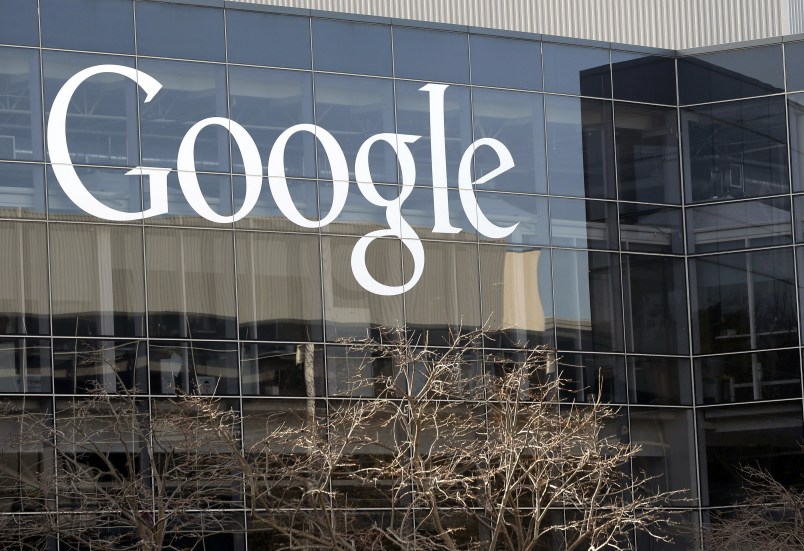Here’s an interesting article in The Outline about how Google basically destroyed a small web publisher by stealing the information it created and using it for Google.
It’s not a total morality play. The site researched and published estimates of celebrities’ net worths. The site was also basically built on getting traffic from people searching for that information on Google. Still it’s a good example of Google’s often Borg-like nature. In some ways, Google uses monopoly power to maximize profits and destroy both competitors – like all monopolies do. But Google also has a certain kind of myopia, pursuing its own vision of what’s best for users, with little recognition of the fact that that vision usually coincides with Google’s profitability, destroys anyone in its way and not infrequently does things that are either unethical or perhaps even against the law. That doesn’t always matter since Google has a good enough and big enough legal department to – in many cases – simply change the law or drive legal rulings that accomplish the same.
You may have noticed that in recent years, in addition to giving you search results, Google often simply gives you the answer at the top of the page. So what was the score of the football game or how long do you cook an egg? Google will often now just cut to the chase and give you the quick answer on its own.
This story about the celebrity net worth publisher is about those quick answers. Google went to the guy who ran the celebrity wealth site and asked if they could scrape his site for the topline wealth numbers for those quick answers at the top of the page. Since a fair amount of research had gone into getting those estimates and since giving google the answers would basically remove any reason for visiting his site, the owner said no.
Then Google took the data anyway. In many instances, they didn’t even credit his site.
Also in the article is the fact that the AI and algorithms Google uses aren’t quite up to the challenge. So not infrequently they publish phony information.
This may sound like I’m hostile to Google. But that’s not really true. Without its core search function, the Internet as it exists today wouldn’t really exist, not in the same way as we experience it. More generally, I’m no more hostile to Google than I am to the weather. It’s simply there, regardless of what I think of it. And on balance, I’m glad it is. I need air. Weather is better than no weather.
Like most digital publishers, TPM has what amounts to an extensive partnership with Google, though most of it is programmatic. We use the Google ad serving software. We use its ad exchange, which drives a significant amount of our revenue. We use it for traffic statistics, search, email. It really is kind of like The Borg. If you removed all Google/Borg implants, it’s not clear we could survive without them (though we did before they existed.)
But it’s a simple fact that Google is a big, big, big part of the early 21st century monopoly capitalism story. A huge amount of Google’s value is derived from siphoning value from the creative work or productivity of others and making that into profit for Google. To a degree this is in the nature of most disintermediation and a lot of capitalism. One woman’s siphoning value is another’s creating value. It’s complicated. The key though is that Google enforces its actions with an almost unprecedented monopoly power. I’m not sure I know the solution to that. We may even be better off on balance. But we should recognize that it is a fact.








